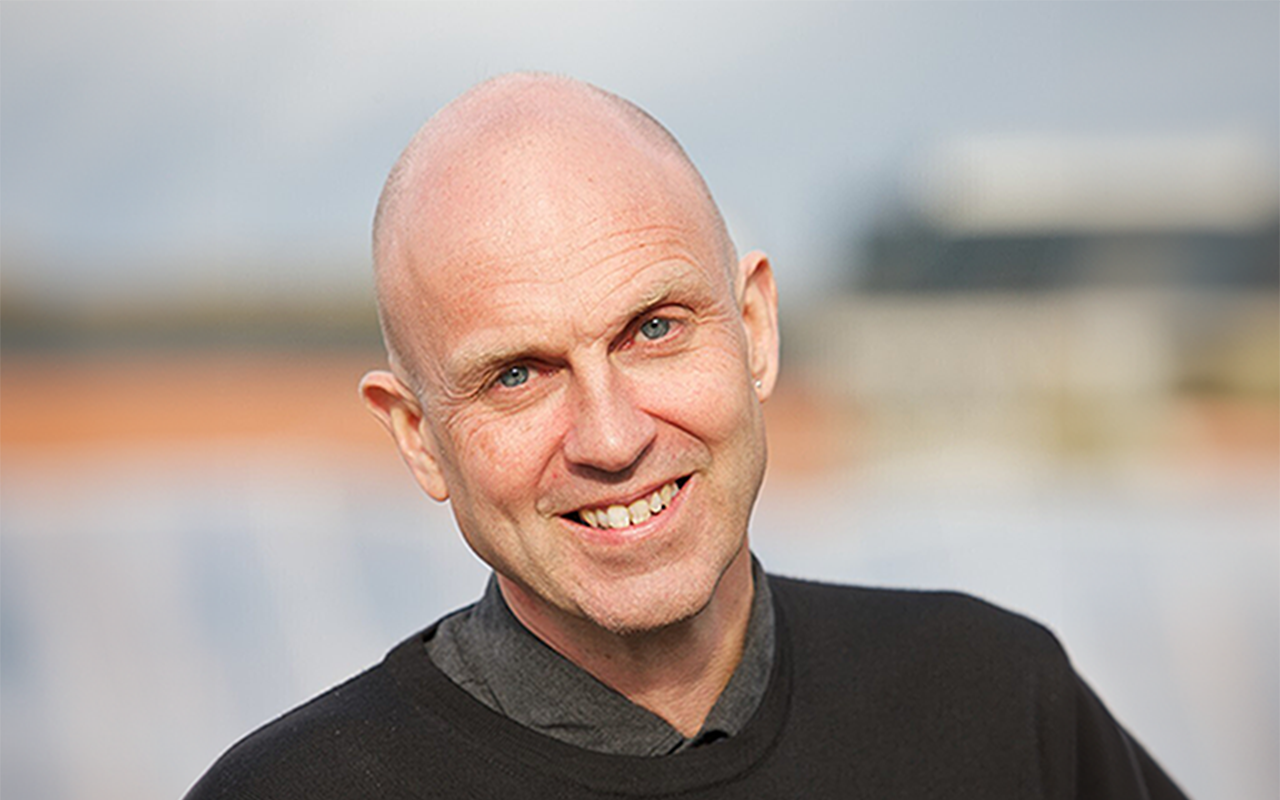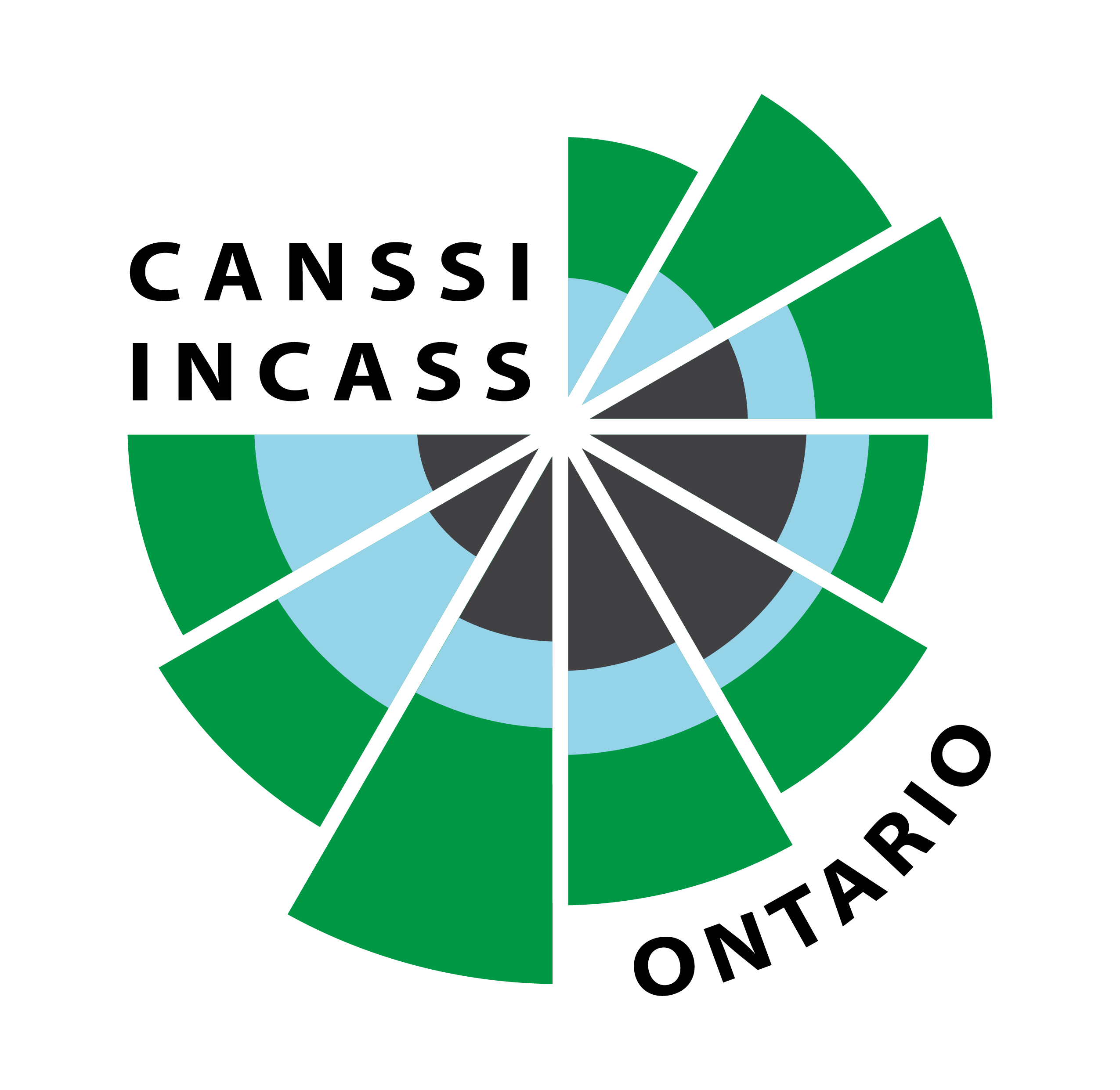
STAGE ISSS: George Davey Smith
Join us for the next instalment of the STAGE International Speaker Seminar Series (ISSS) with
Dr. George Davey Smith
Professor of Clinical Epidemiology
Bristol Medical School, University of Bristol
Free Hybrid (In-person/Online) Event | Registration Required
Talk Title
Mendelian Randomization – what it was, what it is, and what it should become
Abstract
Mendelian Randomisation (MR) uses the special properties of germline genetic variation to strengthen causal inference regarding how modifiable exposures influence disease outcomes. Few papers were published in the first decade of its 20 year history, but since then there has been an exponential increase, which shows no sign of slowing down. The basic principles of MR will be restated – including the fundamental one of gene-environment equivalence – as will approaches to causal effect identification and estimation.
Using these it will be shown why the vast majority of current papers are, at best, uninformative, and at worst, nonsense. I will group the threats to MR under three headings: (1) Noodles: papers that are prima facie nonsense, generated from easily available two sample MR data and sub–ChatGPT text (2) No Nulls: influential early MR findings suggested that some drug targets – such as HDL cholesterol level or C-reactive protein – were unlikely to be important. Null MR studies are now increasingly rarely seen (3) Numb Skulls: the conceptual simplicity of the MR approach is being obscured by increasingly complex methods, the assumptions of which will be opaque to most readers and most authors of papers implementing them. The first of what should be a series of retractions of papers based on one such method has occurred. The common source of these threats will be discussed, approaches to mitigating them advanced, and some promising future directions for MR will be introduced.
Speaker Profile
George Davey Smith FRS is a clinical epidemiologist who has focused on methods for improving causal inference in studies of disease aetiology and disease prevention. His work has involved early implementation of “negative controls” in epidemiological studies, the use of cross-context comparisons, sensitivity analyses, unobtrusive data collection methods and randomized trials in thought-to-be difficult situations. He pioneered the use of germline genetic variants for investigating modifiable causes of disease (“Mendelian randomization”), developed several extensions of the basic method, and contributed to the application in many settings. He is an advocate of the pre-specified application of a range of methods, with different structures of potential biases, to the same question (“triangulation”), as the key approach to strengthening causal inference. Throughout his career he has promoted increasing the accessibility of data, and implemented this in studies he has led, including the Avon Longitudinal Study of Parents and their Children (ALSPAC).
Sponsors
CANSSI Ontario STAGE (STAGE) is a training program in genetic epidemiology and statistical genetics, housed at the University of Toronto Dalla Lana School of Public Health, and funded by CANSSI Ontario at U of T, an extra-departmental unit in the Faculty of Arts & Science that is home to the Ontario Regional Centre of the Canadian Statistical Sciences Institute (CANSSI).
Seminars are sponsored by The Hospital for Sick Children (Genetics & Genome Biology Program), the Lunenfeld-Tanenbaum Research Institute, and the McLaughlin Centre at the University of Toronto.
Photography Disclosure:
Photographs and/or video may be taken of participants at STAGE events. These photos/videos are for the Program’s use only and may appear on its website, in printed brochures, or in other promotional or reporting materials. By attending STAGE events, you accept the possibility that you may be videotaped or photographed. If you have any concerns, please inform us by sending an e-mail to esther.berzunza@utoronto.ca
The event is finished.
Local Time
- Timezone: America/New_York
- Date: Mar 07 2025
- Time: 12:00 pm - 1:00 pm

Location

